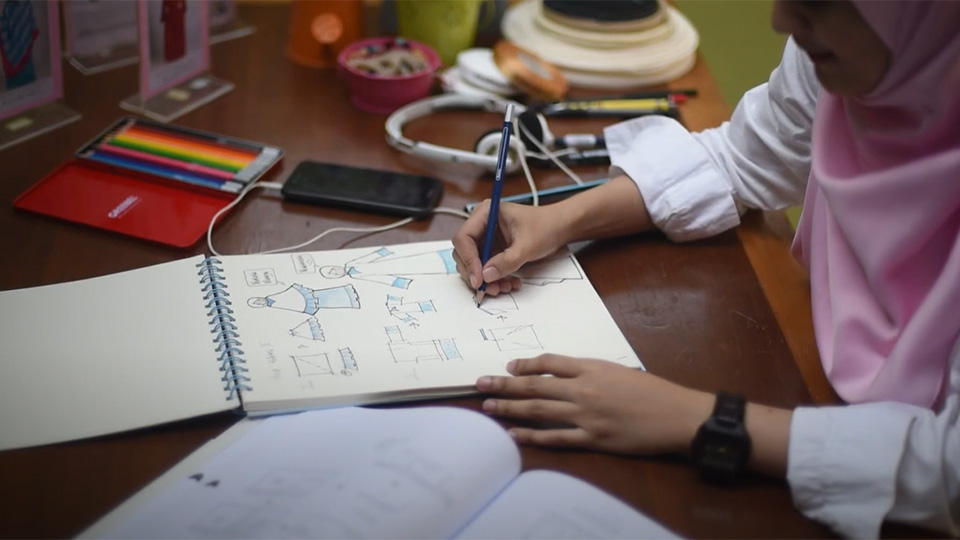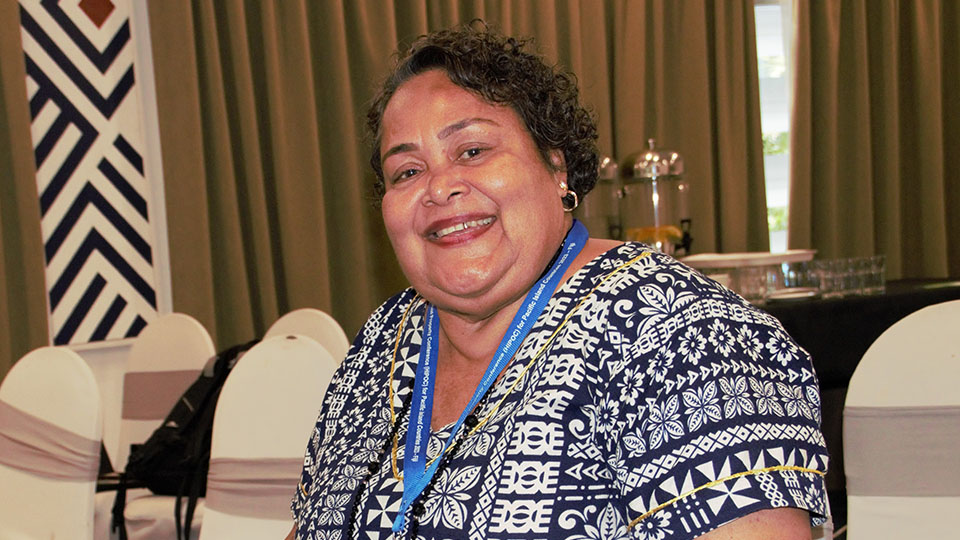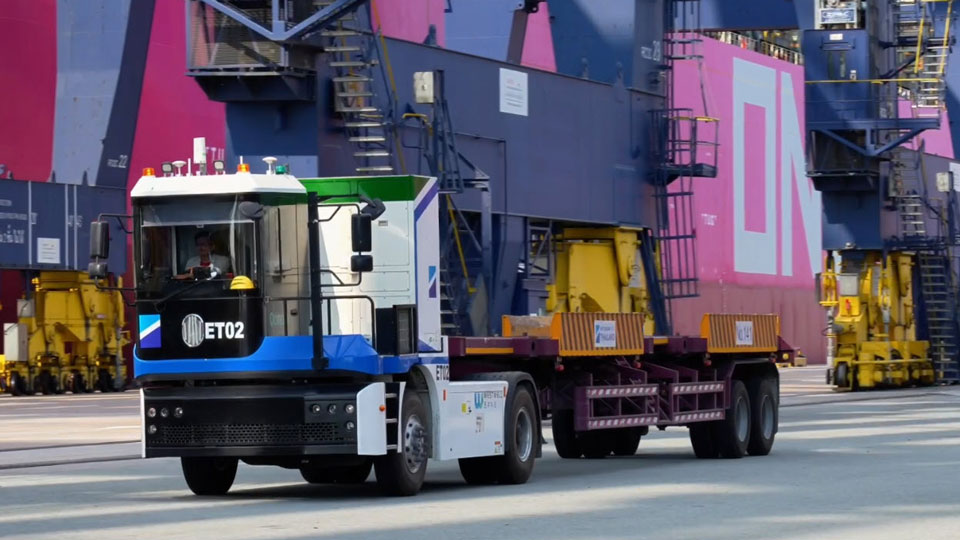Musana Carts: Solar-powered business in Uganda opts for open source IP over patenting
Access to energy changes lives – whether it’s access to electric lighting for reading and studying, security lights for women’s safety, or energy to power business operations. However, energy poverty is rampant in sub-Saharan Africa. With rapid population growth and urbanization in Africa triggering a surge in energy demands, there’s an urgent need to increase access to energy so that communities and businesses can thrive. Without further investment in Africa’s energy sector, the continent is predicted to be home to nine-tenths of the world’s energy poor by 2030.
Clean and Energy-Saving Cook Stoves for Uganda’s Street Food Vendors
Innovation for the informal economy
One group of workers in need of energy are Africa’s 200 million street food vendors. The demand for affordable and convenient food is currently fueling a rapid expansion of the industry across much of the continent. Nevertheless, most street food vending is unlicensed in many African cities. As part of the informal economy, the industry is not regulated, and its workers – many of whom have families to support – are subject to long hours, poor working conditions and unreliable incomes. Added to this is the knowledge that any day their stoves could be confiscated and they themselves arrested for operating an unlicensed business.
These problems caught the attention of Nataliey Bitature, a Ugandan student and entrepreneur, in 2015. In the Ugandan capital of Kampala, where as many as 80 percent of street food vendors are women, she noticed how workers are often forced to rely on unhygienic and polluting charcoal stoves to make Kampala favorites such as chapattis and egg rolls. Nataliey wondered if providing vendors with improved carts, equipped with cleaner, greener stoves, could improve working conditions and encourage government support and regulation of the industry.
The Musana Cart - A Prize-Winning Invention
While pursuing her graduate degree in Social Entrepreneurship at the Hult Business School in San Francisco, Nataliey teamed up with two fellow students, Keisuke Kubota and Manon Lavaud, to put this idea to the test. Approaching the challenge from a human-centered design perspective, they first researched current available products and technologies as well as the needs of African street food vendors and the challenges they face. However, the trio could not find an existing solution to support street food vendors to have safer, cleaner and more profitable livelihoods.
In response, they designed their own cart, the Musana cart. Taking its name from a Ugandan word for ‘sunshine’, the Musana cart uses an in-built solar panel to power an eco-friendly stove and a small refrigerator. By removing the need for charcoal burning, the Musana cart produces far less smoke than other food vendor carts, ensuring a cleaner and safer experience for both workers and customers. Other innovations include light bulbs, to allow the vendor to work at night, and phone chargers, so that they can offer mobile money services.

Nataliey and her team initially developed the Musana cart for the Hult Prize, the world's largest student social entrepreneurship competition, and were one of just five entrants invited to present their invention at the Clinton Global Initiative Annual Summit in New York in September 2016. Although they did not win the competition, they were awarded a USD 200,000 prize to put their idea into action. Spurred on by this prize, and convinced of the social and business potential of the invention, in 2016 Nataliey made the decision to move back to Uganda to establish Musana Carts Ltd. and pursue the idea as a business.
Enforcement of IP Rights in Uganda – Easier Said than Done
Patenting brings challenges and compromises
A minimum viable product was soon built and tested in Nakasero Market, a busy marketplace in the center of Kampala. Training was also provided to vendors trialing the Musana carts. The prototype proved popular with vendors and customers alike – so popular, in fact, that copycat designs started to emerge within weeks of testing.
To protect their intellectual property (IP), Nataliey and her team were initially advised by their American lawyers to pursue a patent application. But when their Ugandan lawyer investigated patenting in Uganda, they warned that it was a long and tedious process based in Zimbabwe – where the African Regional Intellectual Property Organization is headquartered – and that patents were still not practically enforceable in Uganda. As a Ugandan, Nataliey had seen many international brands and ideas copied and used with no repercussion and so she agreed with the lawyer’s counsel. Seeing little advantage in applying for a patent, her team instead filed a trademark application in Uganda to protect the brand name.

A Social Innovation fostered by Open source IP
The decision not to patent the Musana cart could have been seen by Nataliey and the team as a setback, but it instead encouraged them to return to their original vision and mission of social innovation: making the livelihoods of Africa’s street food vendors cleaner, safer and more sustainable. They realized that the more people who had access to their cart designs, the better, and that patenting their invention could restrict access. On this basis, they decided to open source their IP so that vendors across Africa were free to improve their lives through their innovation. When IP is open source, it means that other people and groups can freely use, modify and share it.
Going open source has shaped the development of Musana Carts. Unable to generate income from a patent, Nataliey and her team instead covered fees with crowdfunded research and development money while the American legal fees were covered by the Hult Prize money. To increase access to their product, they are primarily seeking marketing collaborations in Kampala and elsewhere in Uganda.
Contributing to the Sustainable Development Goals
After several years of selling to vendors, Musana Carts is already having a positive impact in Kampala. The solar-powered food carts have proved to be cleaner, more hygienic and more sustainable than traditional charcoal-fueled food carts. The Musana cart’s in-built lighting allows vendors to work at night if they choose, giving them an opportunity to earn more. Musana carts can be purchased in installments, making them more accessible to poor workers. The company has also teamed up with Kampala Capital City Authority to ensure that Musana carts are legally recognized, freeing vendors from the risks and uncertainties of working in the informal economy.
Through these actions, the company is contributing towards the United Nation’s Sustainable Development Goal (SDG) 1, which calls for an end to all forms of poverty. Musana Carts is also working to achieve SDG7, demanding global access to affordable, reliable, sustainable and modern energy, and SDG8, which promotes sustainable economic growth, productive employment and decent work for all.
An Open Source IP strategy inspired by ubuntu
As a social entrepreneur, Nataliey truly believes in open sourcing. Although she sees the value in patent protection in more economically developed countries, where the legal framework is in place to ensure that an individual can be remunerated for the use of their innovation or invention, she knows first-hand that this is much harder to establish in African markets. Consequently, Nataliey encourages female inventors not only to monetize their innovations in their markets, but to share them outside of their capacity as well.
Equally importantly for Nataliey, however, is the philosophy behind open source IP. When there are so many challenges facing the world, she argues, no one individual or organization can satisfy every market need. She feels that there’s room for many to thrive. Furthermore, Nataliey believes that open sourcing can incentivize further innovation by allowing people to build on each other’s inventions. It’s the concept of cooperation, codependence and community at the heart of the African philosophy of ubuntu: ‘I am, because you are.’ Nataliey’s hope is that her company’s use of open source IP will help make this concept a reality for street food vendors across Africa.
This case study was produced as part of a WIPO Development and Intellectual Property Committee project on Increasing the Role of Women in Innovation and Entrepreneurship, Encouraging Women in Developing Countries to Use the Intellectual Property System. Visit the Women in Innovation and Entrepreneurship webpage for more information about the project.



